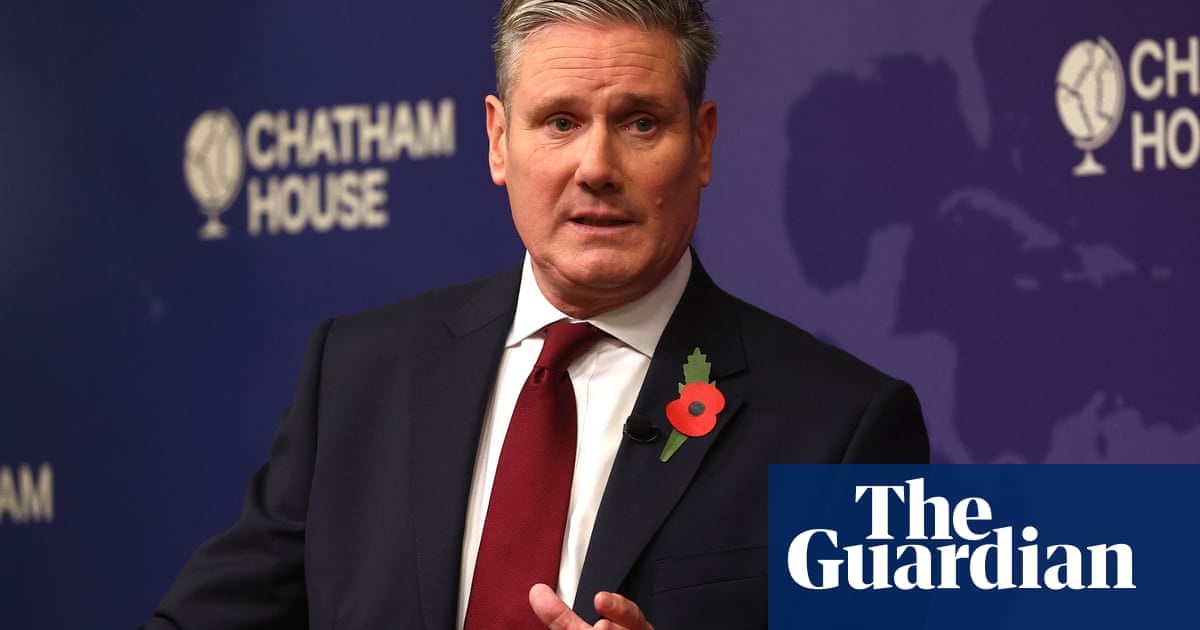
The world has averted an all-out war over Kashmir between India and Pakistan, but probably not for long, judging by the past. For a few days last week, it appeared as if the two nuclear nations were on a collision course. Air raids and artillery duels reminded the world of one of its oldest and most intractable conflicts. The beautiful region of Kashmir has been fought over and partitioned for over 70 years. Several wars and skirmishes between India and Pakistan have been fought over its territory, as well as conflicts between India and China. The three countries have annexed parts of Kashmir since 1947. Even now that the threat of war has temporarily subsided, cross-border duels have continued.
Kashmir has lived under the shadow of war and conflict since 1947. I remember being mesmerized by its beauty when I went there as a teenager with my great uncle, who was a regular visitor. Its beauty was matched only by the fear and despair of the many families we met who were torn apart by the conflict, either because they lost loved ones, were split across different borders, or had relatives who were imprisoned for political activity.
India controls about 43 percent of the land mass of Kashmir, Pakistan around 37 percent, and China 20 percent. The three countries have important historical links with the Kashmir region, but those links are not always clear and have certainly been contested.
Take, for example, Kashmir’s links to India. Its accession was conditional on a plebiscite. Its legal status within India is different from other Indian states, according to court judgments that acknowledge that “Jammu and Kashmir” did not merge with India the same way other states did, but retained a special status under the constitution.
India controls about 43 percent of the land mass of Kashmir, Pakistan around 37 percent, and China 20 percent. The three countries have important historical links with the Kashmir region, but those links are not always clear and have certainly been contested.
Abdel Aziz Aluwaisheg
Aware of that fact, India’s leaders acknowledged at the start of the conflict that there was a need to ascertain the wishes of the people of Kashmir regarding their affiliation with India. India’s first prime minister, Jawaharlal Nehru, made several statements in 1947 on the need for a plebiscite. He wrote to Pakistan’s prime minister of the time, saying that: “India and Pakistan should make a joint request to the United Nations to undertake a plebiscite at the earliest possible date.”
In 1952, Nehru told the Indian Parliament: “I want to stress that it is only the people of Kashmir who can decide the future of Kashmir. It is not that we have merely said that to the United Nations and to the people of Kashmir; it is our conviction and one that is borne out by the policy that we have pursued, not only in Kashmir but everywhere. I started with the presumption that it is for the people of Kashmir to decide their own future. We will not compel them. In that sense, the people of Kashmir are sovereign.”
He repeated that position numerous times, saying in 1955 that: “Kashmir is perhaps the most difficult of all these problems between India and Pakistan. We should also remember that Kashmir is not a thing to be bandied between India and Pakistan but it has a soul of its own and an individuality of its own. Nothing can be done without the goodwill and consent of the people of Kashmir.”
Those words were later almost forgotten, as the countries that partitioned Kashmir traded accusations, cross-border fire, and sometimes full-scale wars. The lines of control have been stable, it is true, but insurgents have been active to try to change them or force a referendum on Kashmir’s future.
The three-way partition and lack of mutual recognition have led to instability and great suffering for ordinary people. According to Amnesty International, Human Rights Watch and other human rights organizations, security forces, in their futile attempts to quash various insurgencies, have committed many human rights abuses and acts of terror against the civilian populations, including extrajudicial killing, rape, torture and enforced disappearances. The militants have also committed gruesome crimes. This vicious cycle of violence and revenge, together with regular border clashes and uncertainty about the future, have led many families to leave Kashmir and have thwarted a return to normalcy, delaying its economic, political and social development. This state of affairs will likely continue unless a solution is found. Worse still, a future crisis could lead to a full-scale war of unlimited proportions, considering the huge military capabilities of the three countries involved. The fact that all three are nuclear powers is another frightening dimension.
Moreover, the conflict over Kashmir could have tremendous spillover effects on neighboring Afghanistan, which is already combustible, and the volatile region of Central Asia.
On Tuesday, Pakistan’s Prime Minister Imran Khan suggested that a leader “who solves the Kashmir dispute according to the wishes of the Kashmiri people and paves the way for peace and human development in the subcontinent” is worthy of the Nobel Peace Prize. Someone should step up to that challenge.
In my view, the conflict has continued and festered for two reasons: Failure to consult the people of Kashmir, and failure to utilize international dispute resolution mechanisms. Instead, brute force has been used to settle a most intractable problem. These two issues will need to be addressed if the parties are to arrive at a fair, lasting and comprehensive solution.
The International Court of Justice (ICJ) has specialized in adjudicating conflicts similar to Kashmir, and has managed to settle disputes in Europe, Asia and elsewhere. All it needs to get started is consent from the parties involved to accept its jurisdiction. The ICJ has enough expertise and the tools required to resolve the conflict, either through a de jure partition with clear and recognized borders — instead of the de facto partition that has existed since 1947 — or through one or more plebiscites to determine what the people of Kashmir want, as Nehru suggested in 1947. Or it could be through a combination of the two.
Abdel Aziz Aluwaisheg is the Gulf Cooperation Council (GCC) assistant secretary-general for political affairs and negotiation, and a columnist for Arab News. The views expressed in this piece are personal, and do not necessarily represent those of the GCC. Twitter: @abuhamad1
Disclaimer: Views expressed by writers in this section are their own and do not necessarily reflect Arab News" point-of-view












